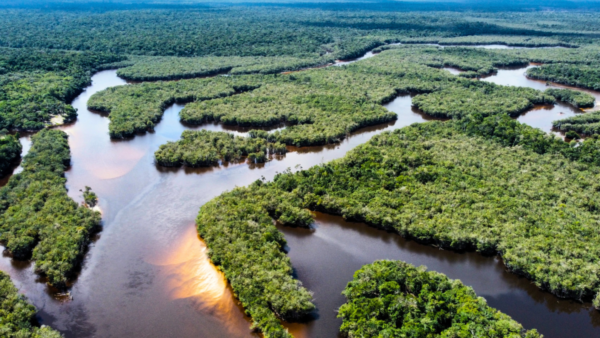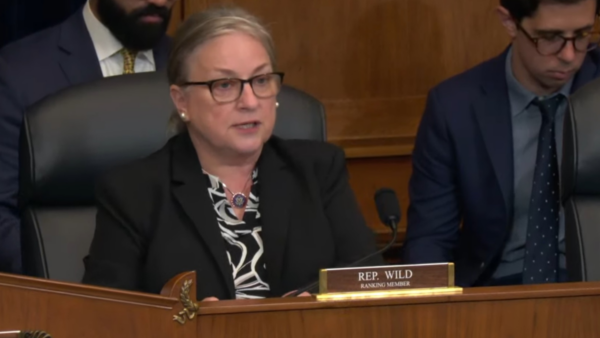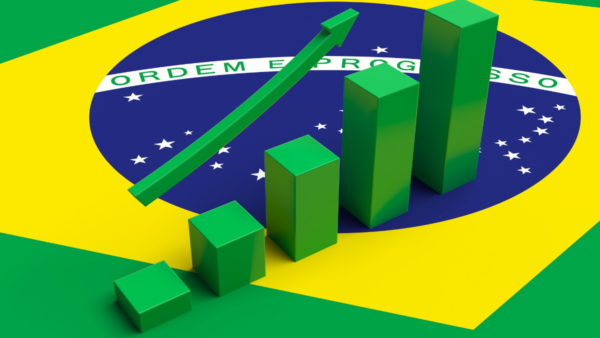A dengue vaccine being developed by the Butantan Institute, a major research facility owned by the São Paulo state government and the largest vaccine manufacturer in Latin America, had an efficacy of 79.6 percent in clinical trials, according to results published Thursday in The New England Journal of Medicine.
Butantan conducted a three-year clinical trial involving 16,235 people between the ages of 2 and 59, including participants who received the vaccine candidate and a placebo. The study is still ongoing.
The news was welcomed in Brazil because Butantan’s vaccine candidate, called Butantan-DV, is administered in a single dose, unlike Qdenga, the immunizer manufactured by Japan’s Takeda which will be used in a vaccination campaign starting next week. Qdenga uses a two-dose regimen, with a three-month interval between shots.
In a statement, Butantan said the single-dose regimen is advantageous, “especially during epidemics, because it protects the population in a short period of time, helps achieve greater vaccination coverage and has logistical and economic benefits.”
Although Butantan-DV is tetravalent — meaning that it contains antigens from four strains of the dengue fever virus — the study measured efficacy against only two of the four known dengue serotypes, as serotypes DENV-3 and DENV-4 were not detected during the follow-up period. Efficacy was assessed on the basis of symptomatic, virologically confirmed dengue fever, occurring more than 28 days after injection.
Approximately half of the study participants had no evidence of prior dengue exposure, which the researchers said allowed for a “robust assessment of vaccine efficacy and safety in this population.” Efficacy was higher (89.2 percent) in participants who had a history of exposure to the virus.
Butantan expects to complete the final phase of the research later this year, a requirement for submitting an approval request to the federal health regulator Anvisa. The vaccine could potentially be used in a campaign in 2025.


 Search
Search











































